Introduction
Artificial Intelligence (AI) is more than just a buzzword. It’s a rapidly-evolving field that’s infiltrating nearly every aspect of our lives. AI systems can now drive cars, diagnose illnesses, personalize our online experiences, and even create original works of art. As AI continues to advance, it raises both intriguing possibilities and important ethical concerns. Let’s explore some fascinating facts about AI and how it’s shaping our society.
15 Facts About Artificial Intelligence and Its Impact on Society
- AI is already deeply embedded in our daily lives.
- AI has the potential to revolutionize healthcare.
- AI is transforming the workplace, automating tasks and creating new job opportunities.
- AI can enhance customer experiences and drive business growth.
- AI is being used to address global challenges like climate change.
- AI raises concerns about job displacement.
- AI can perpetuate biases and discrimination if not developed responsibly.
- AI is changing the way we interact with technology.
- AI is driving innovation in creative fields.
- AI plays a role in modern warfare and cybersecurity.
- AI regulation and ethical guidelines are still in their early stages.
- AI can improve education and make it more accessible.
- AI has the potential to improve transportation and logistics.
- AI is being used to combat misinformation and disinformation.
- The full potential of AI is yet to be realized.
1. AI is already deeply embedded in our daily lives.

From the moment you wake up to the moment you go to sleep, you likely interact with AI in numerous ways. Your smartphone’s facial recognition, your email’s spam filter, and the recommendations you see on streaming services are all powered by AI algorithms. AI is becoming increasingly woven into the fabric of our society.
2. AI has the potential to revolutionize healthcare.
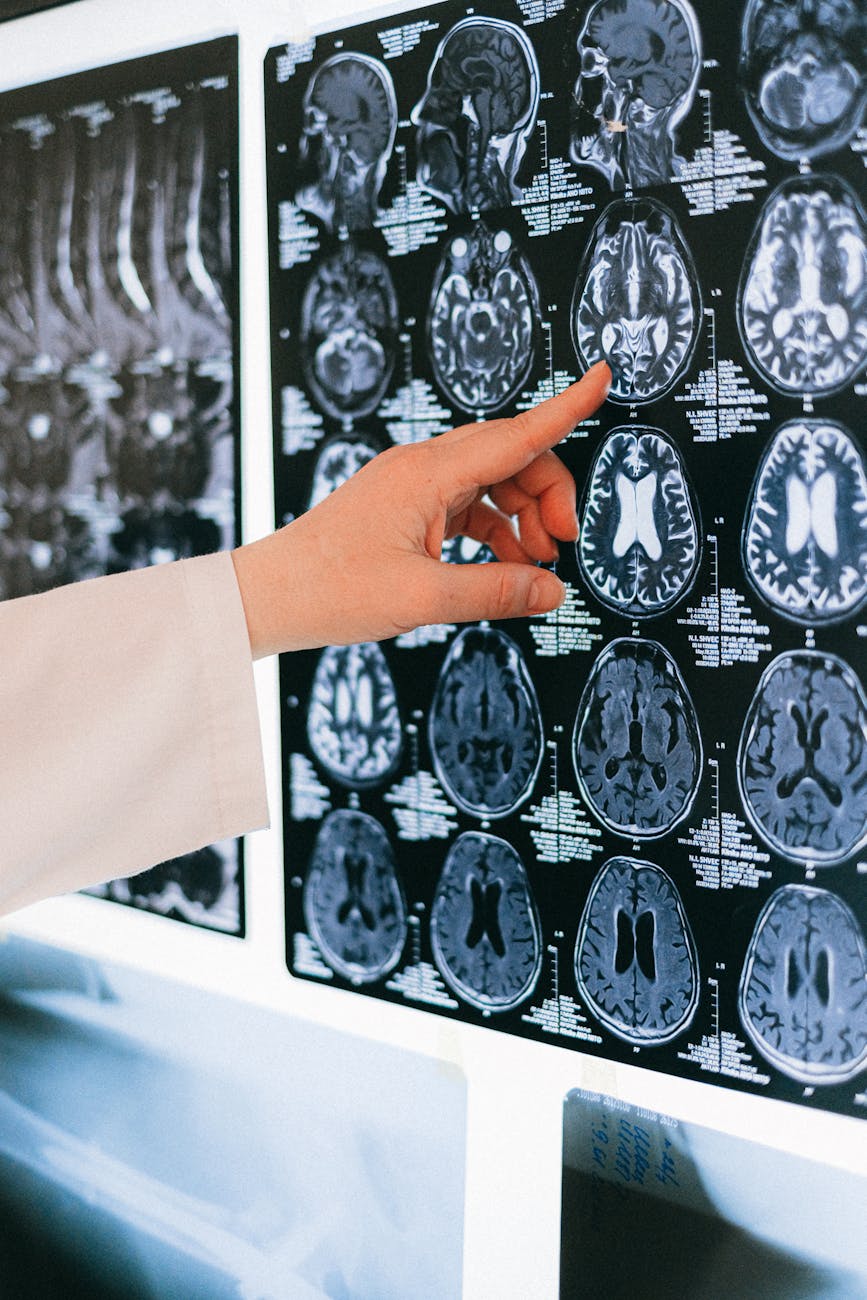
AI-powered tools are diagnosing diseases with greater accuracy, aiding in drug development, and even assisting in surgical procedures. AI can analyze vast amounts of medical data, helping doctors make informed decisions, and paving the way for personalized medicine.
3. AI is transforming the workplace, automating tasks and creating new job opportunities.
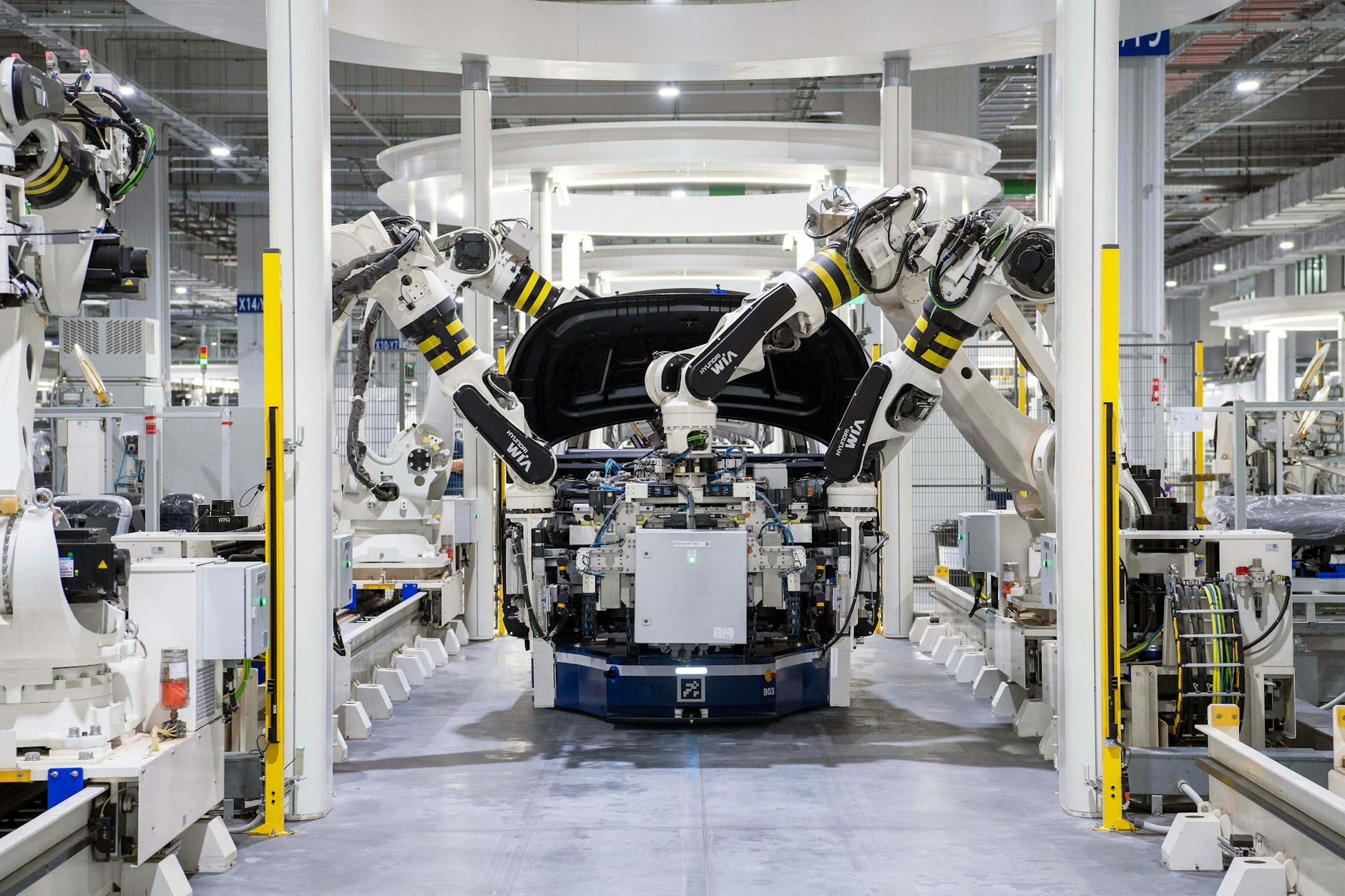
In industries ranging from manufacturing to customer service, AI is automating routine tasks. This raises concerns about job displacement, but it also creates opportunities for new, highly skilled jobs in fields such as AI development, data science, and robotics.
Read More: Top 15 Scientific Breakthroughs that Shaped our World | Discover the Impact
4. AI can enhance customer experiences and drive business growth.
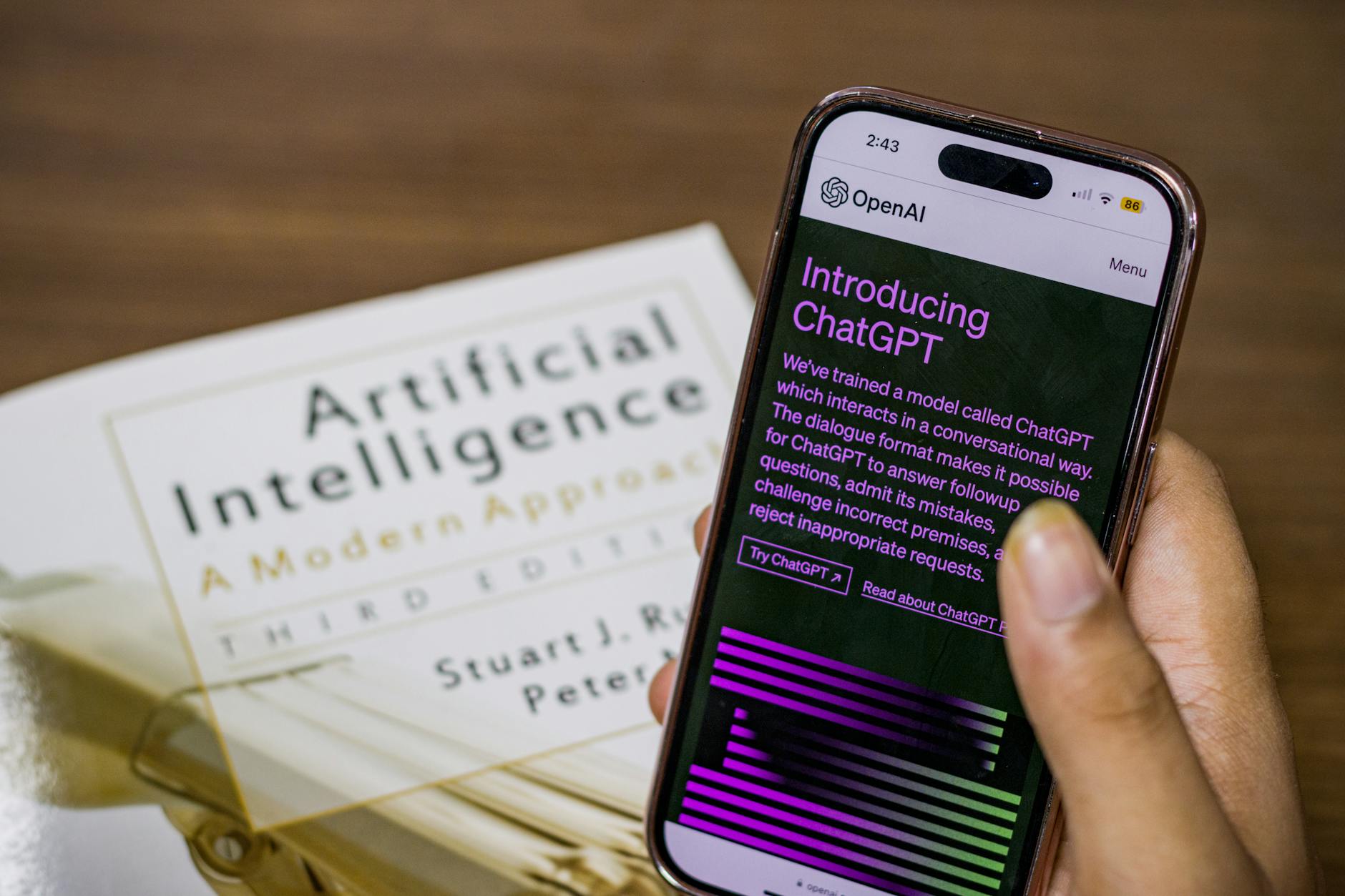
AI-powered chatbots provide 24/7 customer support, recommender systems offer tailored product suggestions, and AI can analyze customer data to inform marketing and sales strategies. AI-driven solutions are helping businesses boost efficiency and customer satisfaction.
5. AI is being used to address global challenges like climate change.

AI is used to optimize energy grids, improve resource management, and develop sustainable solutions. It can analyze vast datasets to better understand patterns of climate change and predict environmental disasters.
6. AI raises concerns about job displacement.
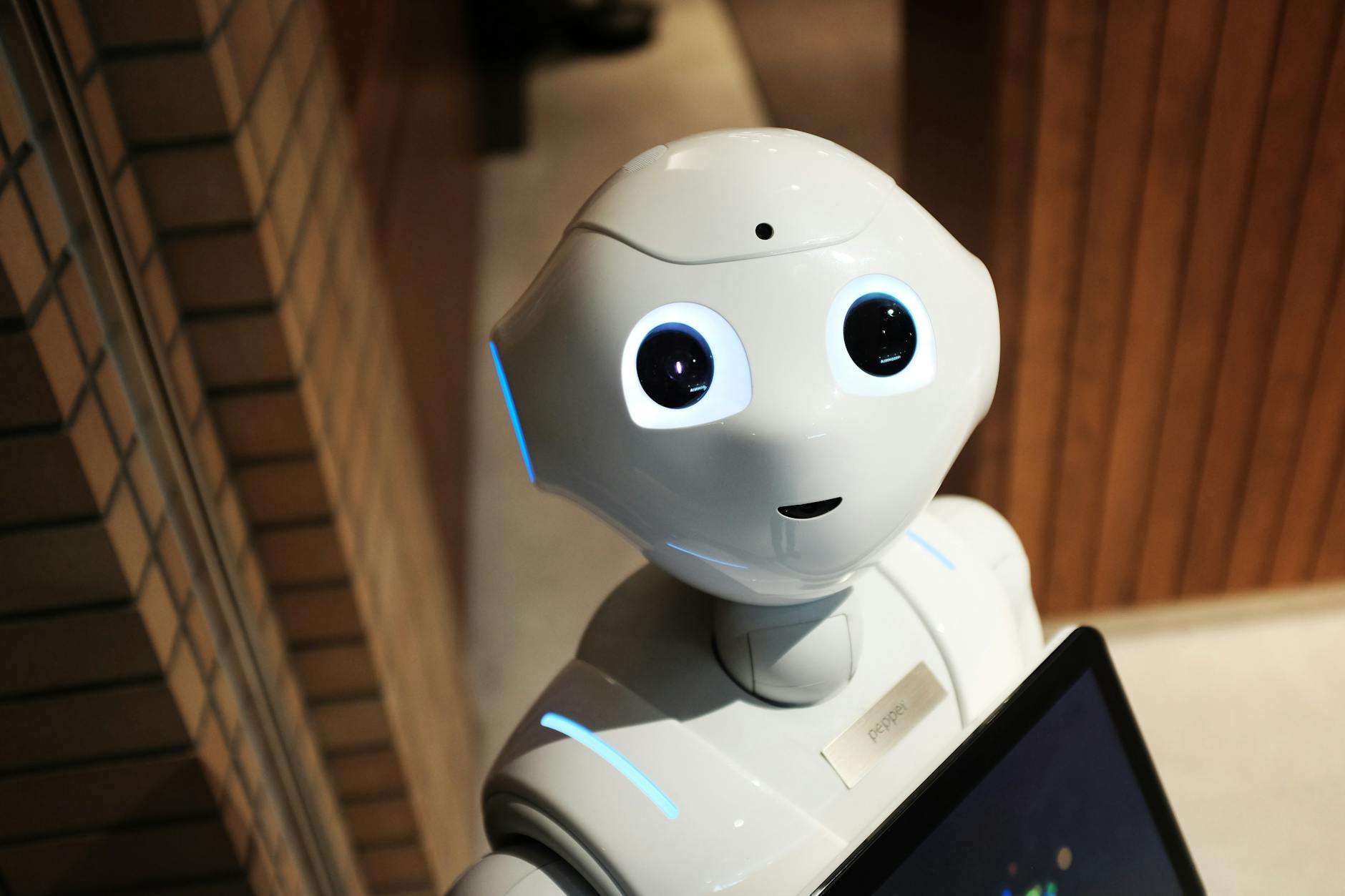
One of the most significant concerns surrounding AI is that automation will lead to widespread job losses. It’s crucial to invest in reskilling and upskilling programs to ensure that workers are prepared for the changing job market.
Read More: Rags to Riches Billionaires: 15 Inspiring Success Stories | Learn Their Secrets
7. AI can perpetuate biases and discrimination if not developed responsibly.
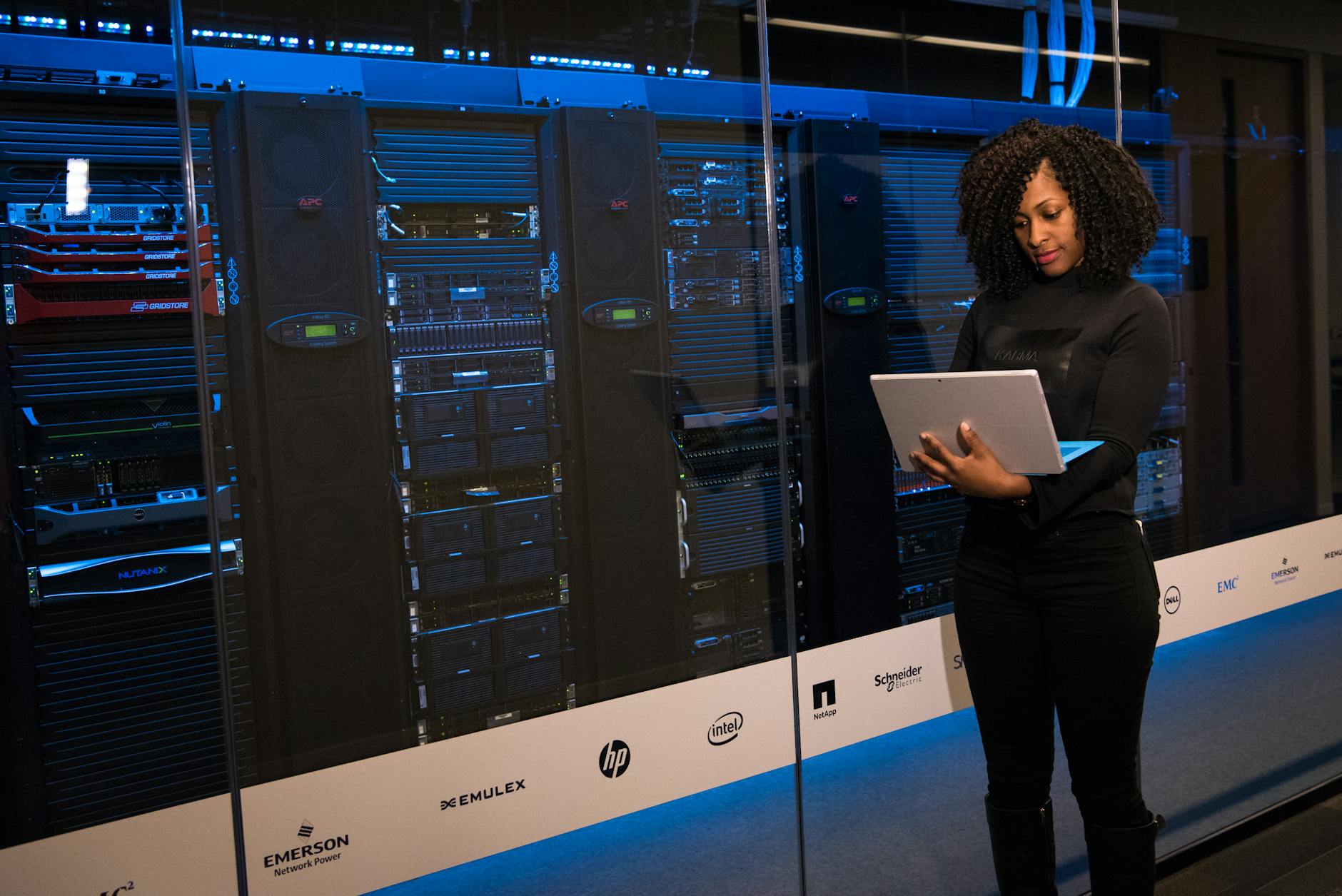
If AI systems are trained on biased data, they can reflect and even amplify those biases, leading to discrimination in areas like hiring and lending. It’s important to ensure that AI algorithms are transparent, explainable, and that diverse datasets are used in their development.
8. AI is changing the way we interact with technology.
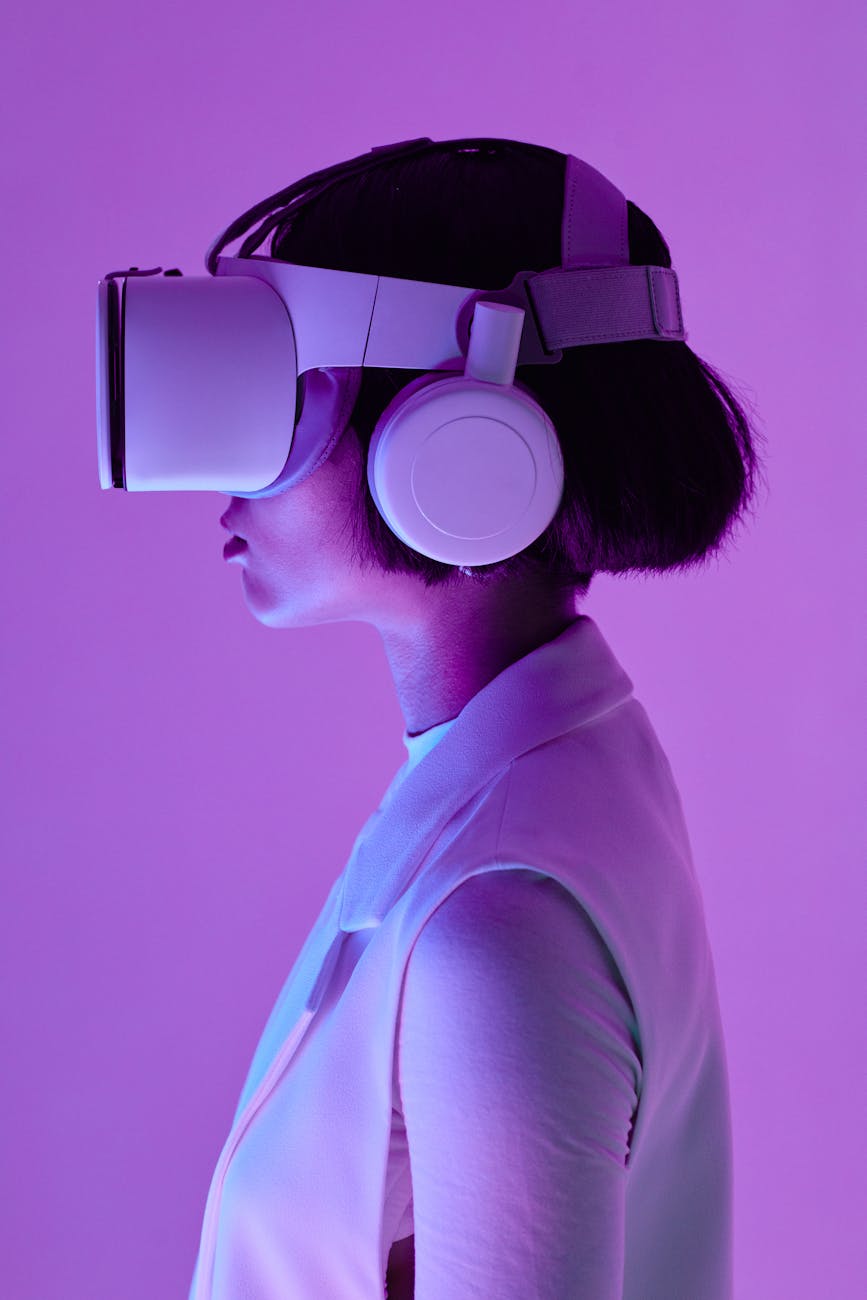
Voice assistants, gesture-based interfaces, and other AI-driven technologies are changing how we interact with devices and services. We are moving towards a more natural and intuitive interaction with technology.
9. AI is driving innovation in creative fields.

AI can compose music, generate realistic images, and even write compelling stories. While it doesn’t replace human creativity, AI offers powerful tools for artists and creators to explore new artistic possibilities.
Read More: Top 15 Financial Innovations that Changed the World | History & Impact
10. AI plays a role in modern warfare and cyber security.
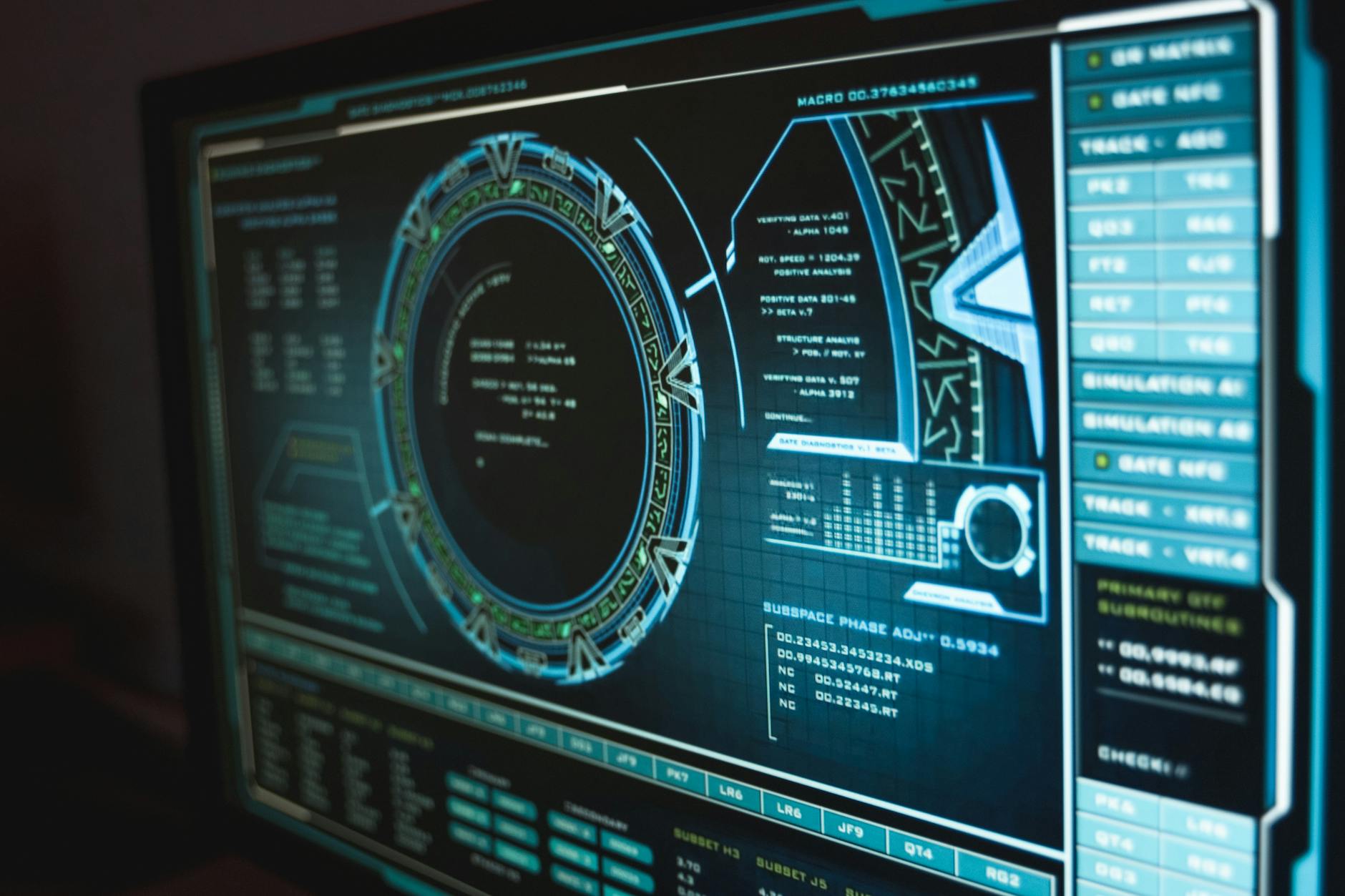
AI is used in autonomous weapons systems, surveillance, and cyberwarfare. This raises ethical concerns about the misuse of AI for harmful purposes and underscores the need for international agreements to regulate AI in warfare.
11. AI regulation and ethical guidelines are still in their early stages.
Developing robust frameworks for regulating AI and ensuring its ethical use is a complex challenge. Governments and international organizations are grappling with how to balance innovation with safeguarding against potential risks.
12. AI can improve education and make it more accessible.
AI-powered tutors provide personalized instruction, AI can translate languages to bridge learning gaps, and it can create immersive learning experiences. This holds the potential to make education more effective and accessible for everyone.
Read More: Top 15 Surprising Ways Social Media Impacts the Economy
13. AI has the potential to improve transportation and logistics.

AI is being used to optimize traffic flow, develop self-driving vehicles, and enhance supply chain efficiency. AI can lead to safer, more efficient, and more environmentally-friendly transportation networks.
14. AI is being used to combat misinformation and disinformation.
AI tools can help fact-check claims, detect fake news, and identify deepfakes. These capabilities are becoming increasingly important in an age where misinformation and disinformation spread rapidly online.
15. The full potential of AI is yet to be realized.
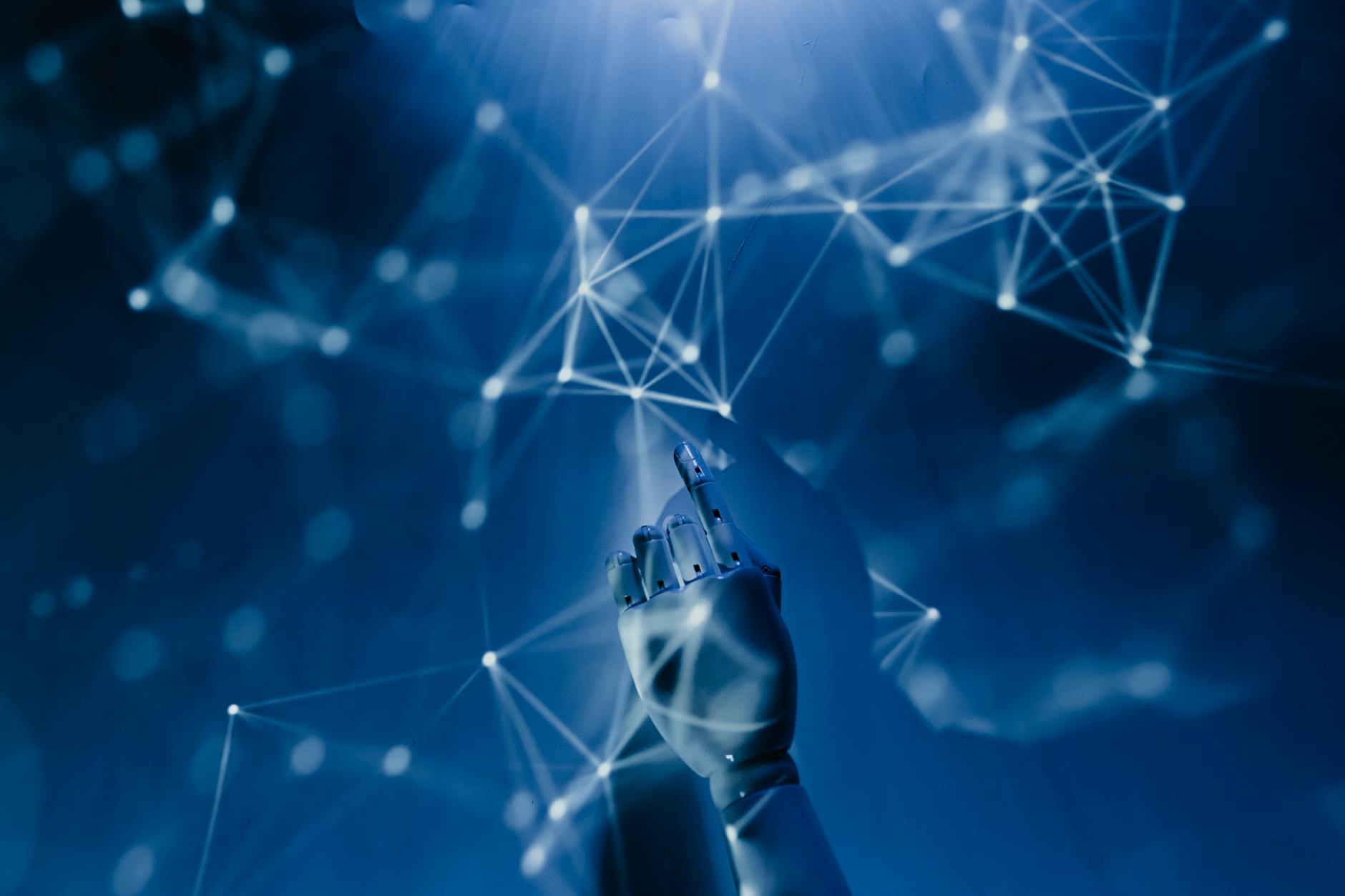
We are still in the early stages of AI development. Its future applications will likely surpass our current imaginations, potentially transforming industries and creating solutions to problems we haven’t even fully grasped yet.
Read More: 15 Mind-Blowing Facts About the Global Economy | Unveiled
Conclusion:
AI is a double-edged sword. It has the potential to address some of the world’s most pressing challenges but also presents risks. Collaboration between governments, businesses, and individuals is crucial to ensure that AI is developed and used responsibly. The future of AI is uncertain, but one thing is for sure – it will profoundly change the way we live, work, and interact with the world around us.
15 FAQs( Most Asked Questions):
-
What is artificial intelligence?
AI refers to the ability of machines to perform tasks that would normally require human intelligence, such as learning, problem-solving, perception, and decision-making.
-
How does AI work?
At its core, AI often involves machine learning. This means computers ‘learn’ by analyzing vast amounts of data, identifying patterns, and making predictions or decisions without being explicitly programmed to do so.
-
Is AI dangerous?
AI itself is not inherently dangerous, but it can be misused or have unintended consequences. That’s why it’s crucial to develop AI with safety, ethics, and accountability in mind.
-
Will AI take over the world?
While AI is becoming increasingly sophisticated, scenarios of AI gaining consciousness and taking over are largely in the realm of science fiction at this point.
-
Can AI be creative?
AI can demonstrate impressive creative abilities. It can generate art, music, and text that is often indistinguishable from human-made work. However, questions about true originality and ‘understanding’ in AI creativity are still debated.
-
What are the different types of AI?
AI can be categorized in several ways. Here are two common distinctions:
Narrow AI: Designed for specific tasks (e.g., image recognition)
General AI: Hypothetical AI that matches human intelligence in a wide range of areas (doesn’t exist yet) -
How can I learn more about AI?
There are numerous resources available:
Online courses: Platforms like Coursera, Udemy, and edX offer courses on AI basics, machine learning, and more.
Books & Articles: Popular science books and online publications break down AI concepts for a wider audience.
AI communities: Join forums and online groups to connect with others interested in AI. -
What is the difference between AI, machine learning, and deep learning?
These terms are often used interchangeably, but there are distinctions:
AI is the broadest term, encompassing any technique enabling machines to mimic intelligent behavior.
Machine Learning is a subset of AI where systems learn from data without explicit programming.
Deep Learning is a subset of machine learning using complex “neural networks” inspired by the human brain’s structure. -
What are some ethical concerns about AI?
Key ethical concerns include:
Bias & Discrimination: AI can perpetuate biases if trained on biased data.
Job Displacement: The impact of widespread automation on the workforce.
Privacy: AI can be used for intrusive surveillance.
Accountability: Who’s responsible when AI systems cause harm? -
How can I get a job in AI?
Here are some pathways:
Build Skills: Learn programming (Python is popular), statistics, and machine learning concepts.
Education: Consider degrees or bootcamps in AI, data science, or computer science.
Gain experience: Contribute to open-source projects, build a portfolio, and participate in competitions.
Network: Attend AI conferences and meetups. -
What are some real-world applications of AI that I might encounter?
AI is all around you:
Virtual assistants: Siri, Alexa, and Google Assistant use AI for speech recognition and responding to your requests.
Recommendation systems: Netflix, Spotify, and Amazon use AI to suggest content you might enjoy.
Fraud detection: Banks and financial institutions use AI to spot unusual patterns that might indicate fraud.
Medical diagnoses: AI assists doctors in analyzing medical images and suggesting diagnoses. -
Are there any limits to what AI can do?
Yes. While AI has made impressive strides, it still faces limitations:
Common sense: AI struggles with tasks requiring basic human understanding of the world.
Creativity: AI can generate new things, but true originality and understanding are still debatable.
Data dependence: The quality of AI results relies heavily on the data it’s trained on. -
How is AI different from human intelligence?
Key differences include:
Learning: AI learns through data patterns, while humans learn through experience and context.
Scope: AI is usually narrow, excelling at specific tasks, while human intelligence is versatile.
Emotion and Consciousness: AI lacks the self-awareness and emotional capacity of humans. -
What industries are being most disrupted by AI?
AI is having a major impact on industries like:
Healthcare
Finance
Manufacturing
Customer Service
Transportation
Retail -
How will AI shape the future of work?
AI will bring both challenges and opportunities:
Automation: Some jobs may be replaced, while entirely new roles will emerge.
Augmentation: AI will work alongside humans, enhancing productivity and decision-making.
Importance of Adaptability: Lifelong learning and staying up-to-date with technology will be essential.




